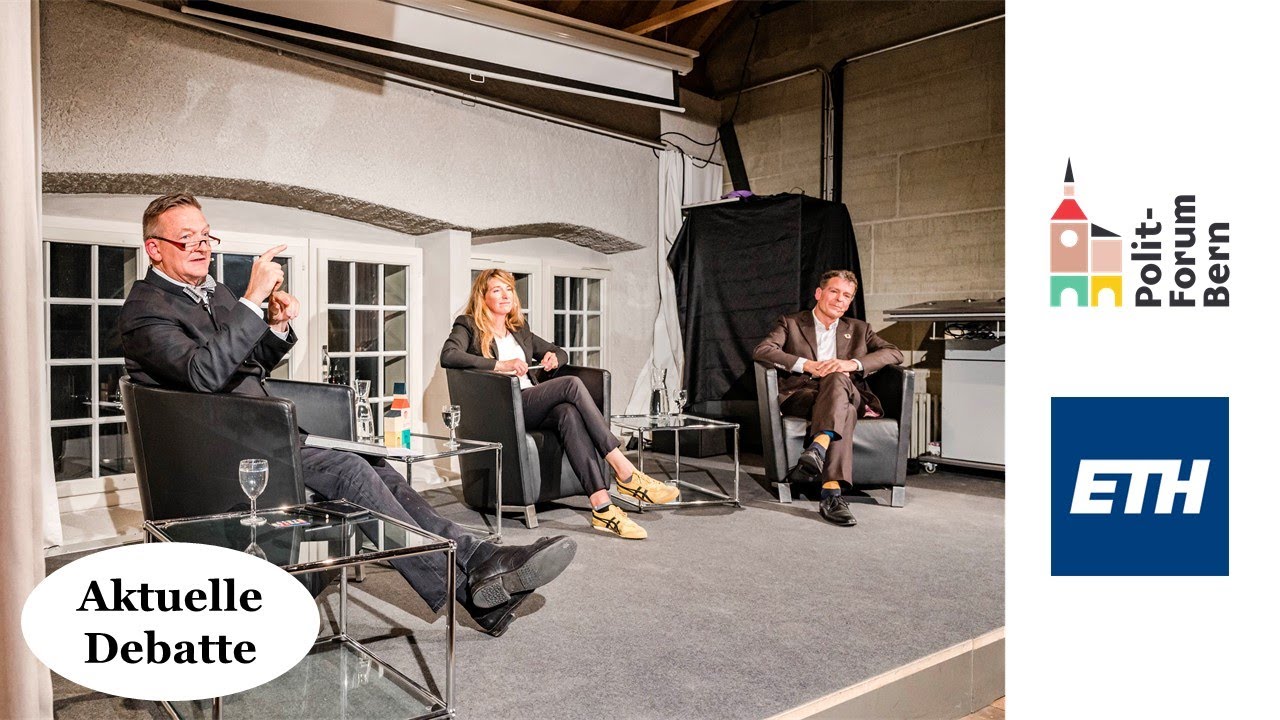RETHINKING Living: Planet Hope
26 October 2021 - ETH Zurich is a partner of the spectacular annual light show projection on the Bundeshaus "Planet Hope" on climate change and hosts a live talk on the topic. Guests are invited to the historic Käfigturm to discuss the challenges and hopes of restoring our ecosystem, followed by a visit to the light show on the Bundeshausplatz.
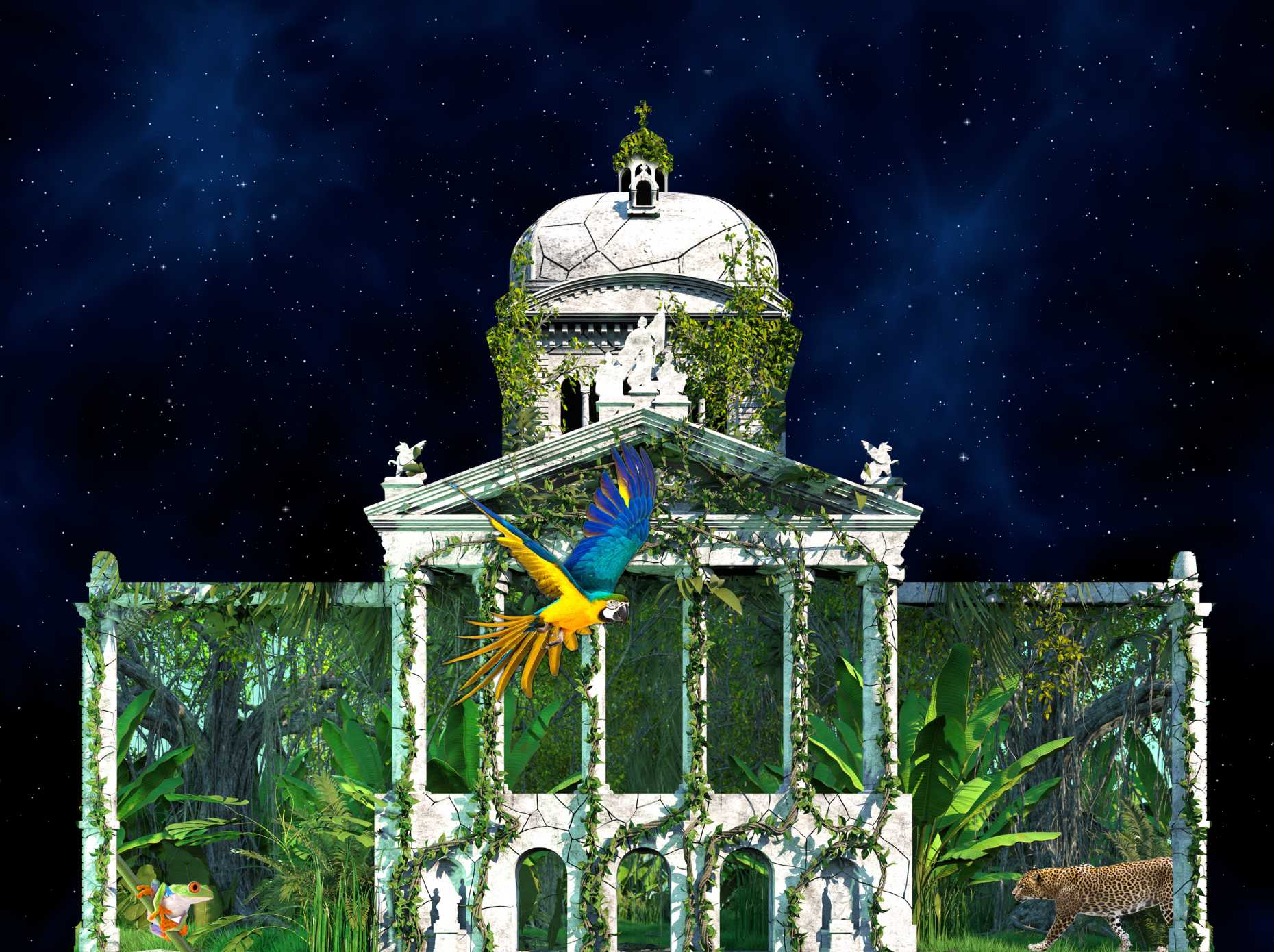
We are part of the landscape
Change is constant and sometimes comes fast. Climate Change and landscape degradation pose unprecedented challenges to deal with for planet Earth and humanity. What are the drivers of change, what do these changes cost us, and what does it take to restore our ecosystems?
Climate change and planetary landscape degradation are grave threats to our shared future. Nearly three-quarters of Earth's land is degraded by human interventions, and landscape restoration, exacerbated by climate change, has become a top priority of the global sustainable development agenda. But even if we find solutions to mitigate threats from droughts and heat, higher precipitation, more frequent storms and floods: planet Earth's vulnerability also arises from the fact that we are globally interconnected as never before in history, especially economically. So what are the decisions we need to take today for the future of our planet?
Holistic landscape planning
Adrienne Grêt-Regamey, environmental scientist and landscape planner, compares landscape planning to a doctor advising a patient, suggesting positive interventions to ensure a healthier future. Like doctors, landscape planners must think holistically: as people, "we are part of the landscape," not separate from it.
Sound environmental decisions
Risk expert David Bresch focuses on the impacts of weather and climate on socio-economic systems and contributes his expertise to sound environmental decisions in business and politics. He sees the switch to climate-neutral energies as an ample opportunity.
Date and Time
26 October 2021
19.00-20.45
Apéro, Talk and Light Show
19.00 - 20.45 Apéro and Talk in the Käfigturm
RETHINKING LIVING: Planet Hope
followed by
21.00 Light Show external page "Planet Hope Comeback" on the Bundeshausplatz
Venue and Partner
Käfigturm Bern, Marktgasse 67, 3011 Bern
external page Polit-Forum Bern
external page Registration (COVID certificate required)
Speakers
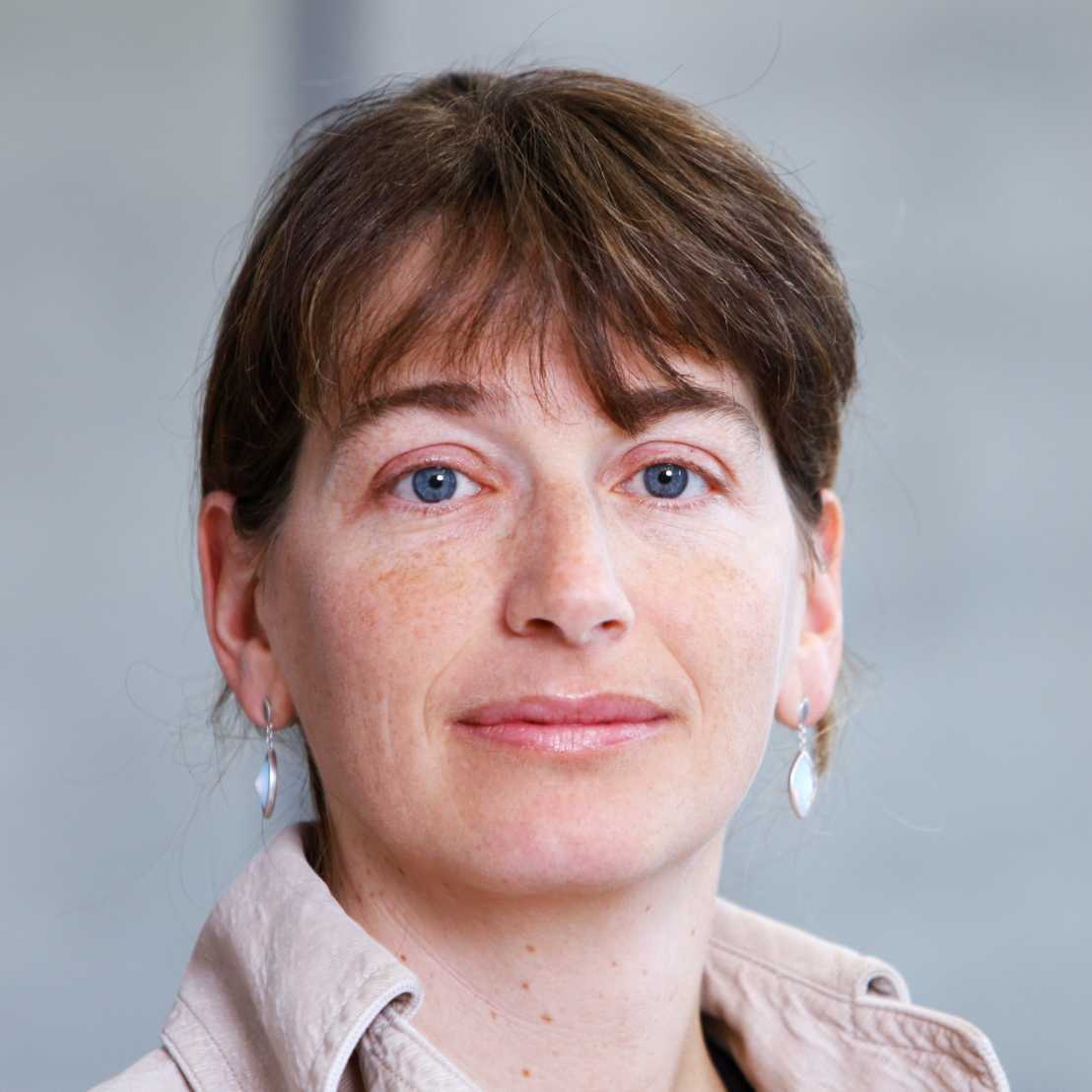
Adrienne Grêt-Regamey is an environmental scientist and landscape planner. She is a Professor at the Chair of Planning Landscape and Urban Systems at the Institute for Spatial and Landscape Development, ETH Zürich. Currently, her research focuses on understanding how humans' interactions and/or actions shape landscapes at various temporal and spatial scales, using different land-use decision models in forecasting and backcasting modes. For fostering participatory landscape planning, she investigates how people perceive the landscape in the three labs, where state-of-the-art 3D visualizations and auralizations of landscape changes are generated, and decision support tools developed. She also explores how an iterative process between design and science can allow co-creating place specific responses satisfying human needs and demands for well-being in a sustainable manner. For one of her recent research projects, the consortium was awarded the Swiss National Science Foundation Transdisciplinary Award. In 2017, she received an ERC Starting Grant for the project GLOBESCAPE linking design and land system science to foster place-making in peri-urban landscapes.
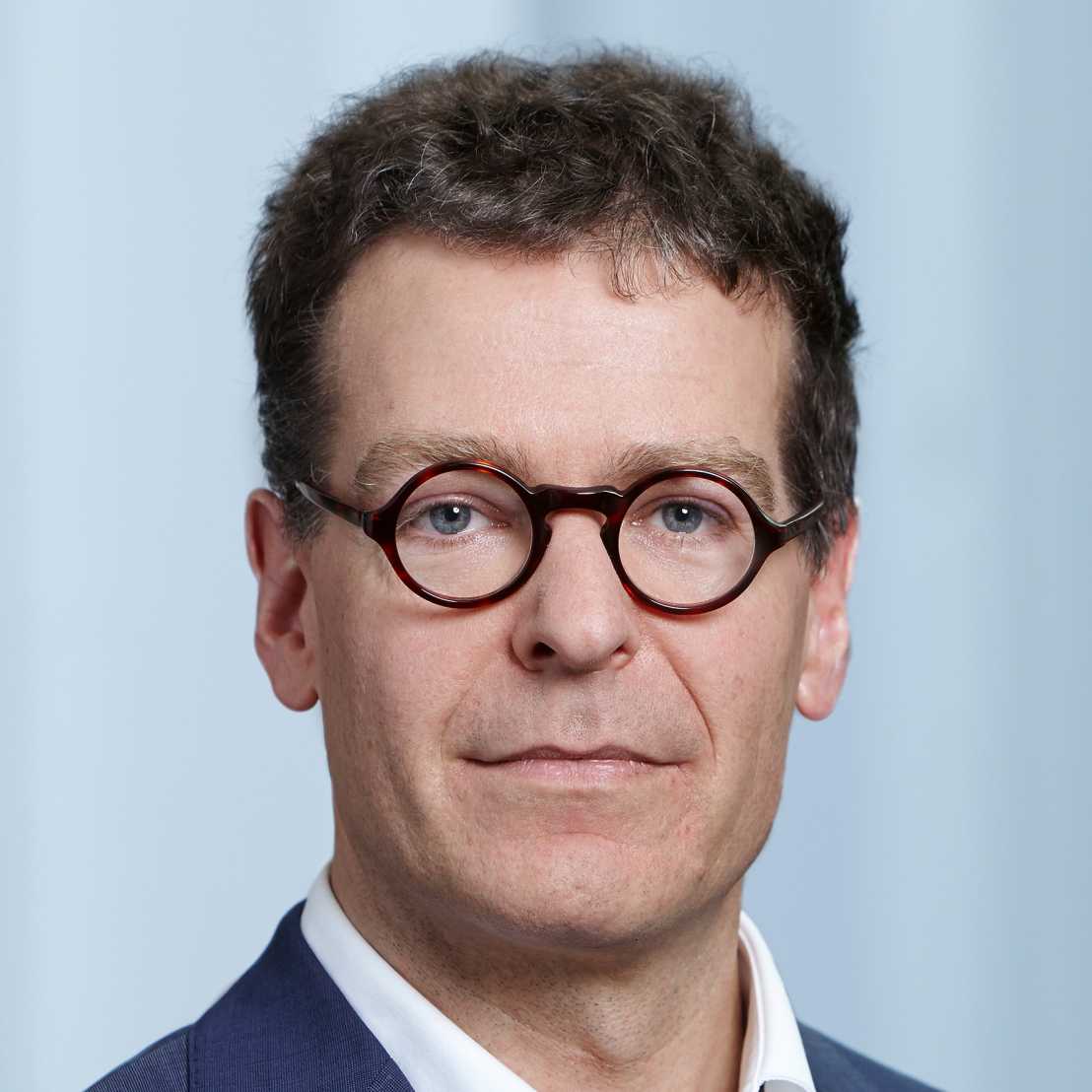
David Bresch is a risk expert on assessing weather and climate risks and a Professor for weather and climate risks at ETH Zurich's Department of Environmental Systems Science. His research focuses on the impacts of weather and climate on socio-economic systems.
Combining numerical probabilistic modelling of weather and climate risks with the engagement of decision-makers and end-users, his research aims to explore ways to strengthen their resilience and create a shared understanding of weather and climate susceptibility. Such an integrated view along the chain of impacts also opens new perspectives and approaches to the treatment of uncertainty in decision-making. He has conducted many case studies across the globe, applying a worldwide consistent yet locally specific methodology to strengthen climate resilience while integrating adaptation with economic development and sustainable growth.
Moderator
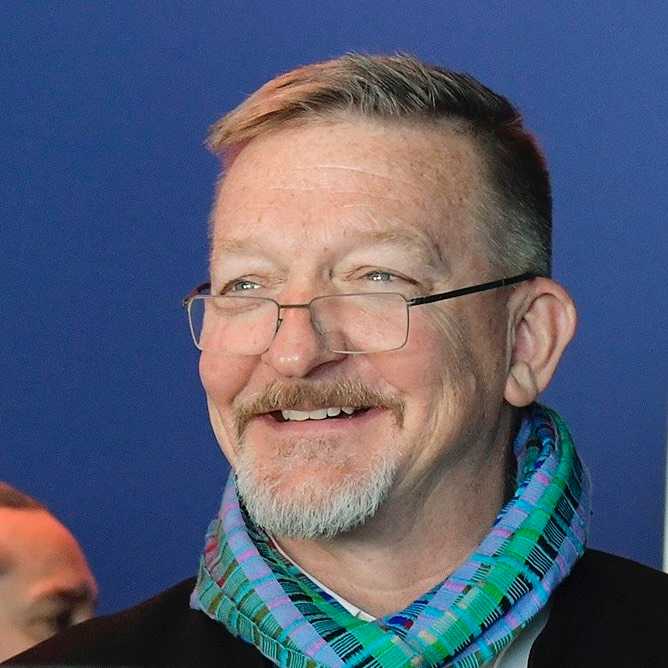
Chris Luebkeman is the leader of the Strategic Foresight Hub in the Office of the President at ETH Zurich. This recently established Hub is a team that engages a broad range of stakeholders concerning future-focused drivers of change.
